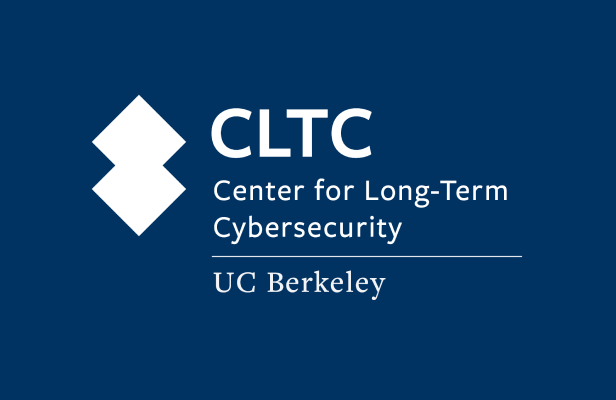
-

-

Cyber City
-

An Interpretability Study of LLMs for Code Security
-

Empowering Connectivity: Analyzing and Implementing Community-Driven Networks
-

UX Design Considerations for Human AI Agent Interaction
-

BreachProphet
-

LLM-Powered Spear Phishing Detection Solution
-

From Policy To Pixels: Strategic UX Design and User Support for GDPR Implementation
-

LLM Canary Open-Source Security Benchmark Tool
